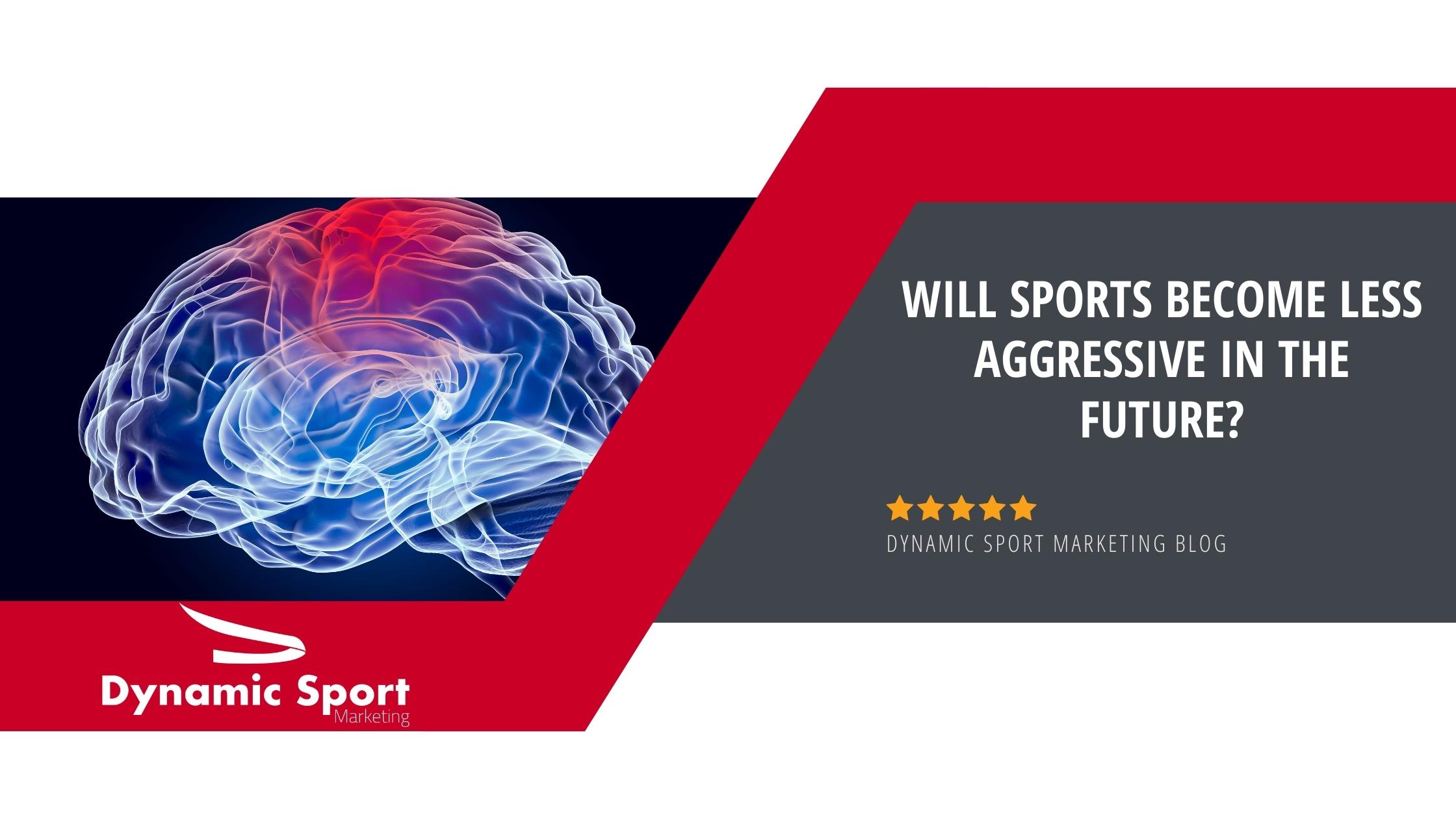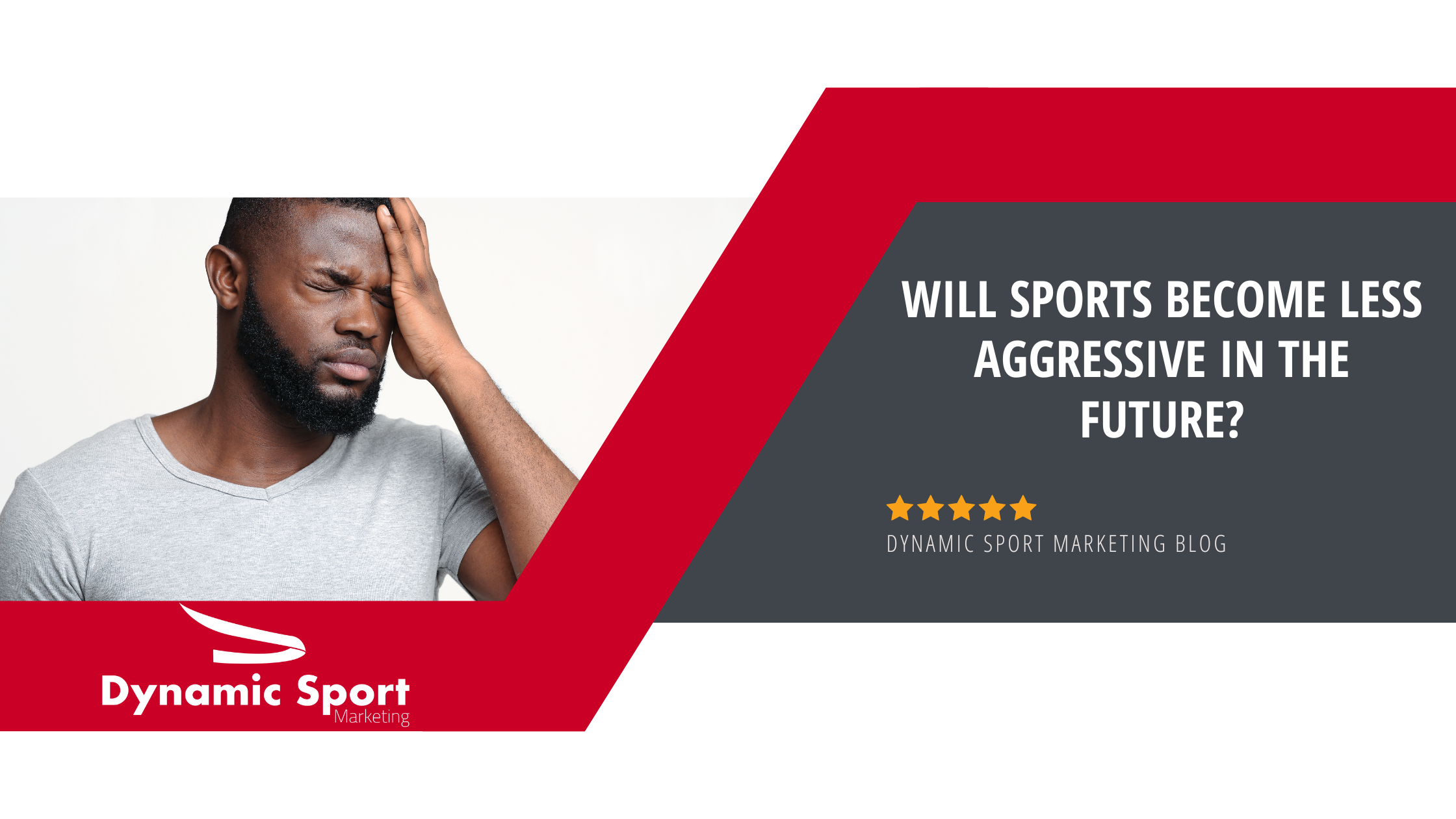
Will sports become less aggressive in the future?
Over recent years sports players health has become more of a concern as patterns of dementia begin to emerge according to studies. As data from players in the 1930s through to the 1990s reveals Jack Charlton and key players from their era suffered with dementia before they died. Find out more about concussion in sports.
The effects of concussion in sports
Research conducted by researchers at the University of Glasgow was based on the health records of around 8,000 former professional footballers.
The research says the increased risk footballers face of neurodegenerative disease is entirely preventable and questions whether heading should remain part of the game have been put into the spot light.
The effects of concussion in sports can be catastrophic in later life. When watching a bit of boxing or rugby, the number of hits to the head that people get, and it’s not even just in contact sports. Clearly when going through the pain barrier as most professional players do time and time again the probability of injury increases .
The studied of concussions
One of the sports which hasn’t studied the effects of concussions as much as other sports is actually one of the most aggressive sports certainly to watch and that is Canada’s national winter sport, ice hockey.
However the University of British Columbia is undertaking a five year study to take a look at the impact of concussion on the sport.
Ice Hockey is physical and it’s filled with ways for players to injure themselves. While awareness of concussion and impact in sports has increased in the last few years, researchers continue to study the issues.
And ask the question does technology really have a place to play in making sports like this one safer and less aggressive?

Concussion
By all accounts in ice hockey concussion is one of the most common injuries sustained by hockey players.
Even some professional players reporting cognitive issues whether it’s early Alzheimer’s to headaches to feeling nauseous is a big concern.
While most people know what a concussion is. However concussions do not always have to be as a direct result of head contact.
Concussions could also happen if you get a knock elsewhere on your body that leads to accelerations of your brain inside your skull. That means that the brain hits from the inside and that can cause injury.
The importance of understanding regarding the accumulation action of those repetitive impacts that hockey players sustain and how it affects long term brain health is fundamental to driving change.

Mouth-guard Tech
Researches and sports performance teams in professional clubs are using a variety of different technologies such as smart mouthguard tech, which are fitted with sensors.
With mouthguard technologies they have a very good mechanical coupling with the skull so you can get a good representation of what the impacts the sports players sustained and how hard they get hit, and the direction of the impacts.
When impacts do happen MRI scans allows professionals using new medical advancements to quantify the myelin in the brain. And that of the myelin sheath which is the insulating substance around the nerve fibres in the brain and if that is damaged after a concussion.
Sports like rugby have made use of various wearable technologies like mouth-guards sensors for some time, but most of the data gathered around concussion in sports has been from male players.

Gender Equality For Concussion Data
Data around the impact of health for a woman in sports again shows the lack of investment.
Woman’s sports don’t have really good data for the women’s game specifically. Leading researchers are using the men’s game data as representative of every other stages of the game.
However there are some advancements for the woman’s game when it comes to concussion data but it still falls miles behind in comparison to the man’s game data.
There is a minority of studies that are focused on the female brain as an example. This is an issue as researchers believe that in some ways females in later life are more susceptible to developing dementia relative to males.
And as the popularity in sports for women is on a sharp upward trend the impact of contacts in sports could be compounded in later years.
New studies are on the way which will compare male and female players across several seasons in an effort to glean as much information as possible about the differences between male and female players.
With the advent of developments in wearable sensors which provide information about the number of times a player is hit, and the amount of force exerted on them during an impact, there is debate among some experts that more attention needs to be focused on prevention of impacts in the first place.

So will sports become less aggressive in the future?
Some experts think it will be an important step to prevention by changing the rules of ISOC and make it less aggressive.
We have seen these rule changes taking place in games the likes of Rugby which has implemented changes to the laws of the game.
In particular the event that causes concussions is tackle sanctions which have been put in place to try and reduce the occurrence of these high tackles.
However, unfortunately, since those changes in law have come into place we haven’t seen a change in culture.
Will we see the sport we love change as the rules of the game are made safer for players? And will it in effect change the true fundamentals of the sport?
Is there a danger that too many changes fundamentally alter sports, like ice hockey, Rugby boxing and even football?
Could education about protection on an individual player basis be the key to prevention?
Coaches are now trying to show players the best way to protect themselves when playing high contact sports. Teaching on how to take a hit, how to give a hit, and how to protect yourself is key to looking after a players health.
Our understanding of the dangers of contact in sport continues to grow. Rule changes occur and training improves. That work continues to make sports safer.
Contact us for support on freelance or a flexible basis if you want to reach sports fans for your brand:
Email us @ Dynamic Sport Marketing Or call us: +31 0625568958
For a full list of our services click this link for an overview of our easy consulting services